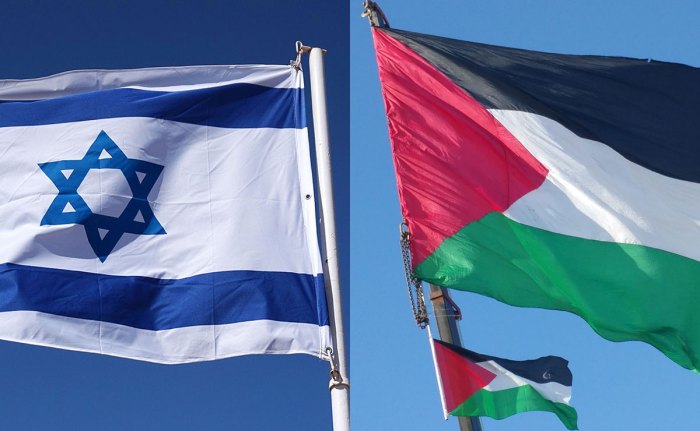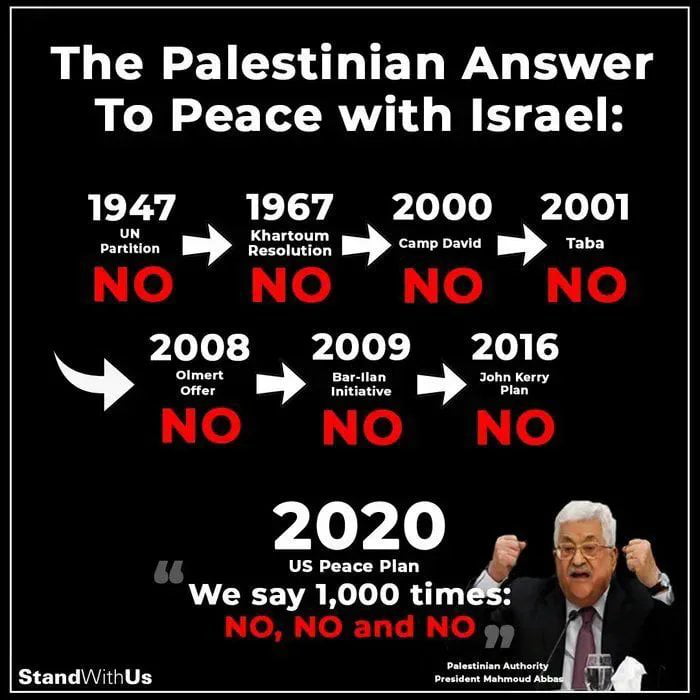Obstacles to peace between Israel and Palestine have been a persistent challenge in the Middle East. This article delves into the historical, political, territorial, security, economic, social, and international diplomatic factors that have hindered the resolution of this protracted conflict.
The historical grievances, territorial disputes, and security concerns of both sides have created a complex web of obstacles. Political ideologies and extremist groups have further complicated the peace process, while economic disparities and social challenges have added to the complexities.
Historical Context: Obstacles To Peace Between Israel And Palestine

The conflict between Israel and Palestine has a long and complex history, dating back to the late 19th century. The roots of the conflict lie in the competing claims to the land of Palestine by the Jewish and Palestinian people.
In 1948, the United Nations adopted a resolution to partition Palestine into two states, one Jewish and one Arab. However, the Arab states rejected the plan, and the First Arab-Israeli War broke out. The war ended with Israel gaining control of most of Palestine, while Jordan and Egypt occupied the West Bank and Gaza Strip, respectively.
In 1967, Israel launched a preemptive strike against Egypt, Jordan, and Syria, which resulted in the Six-Day War. Israel captured the West Bank, Gaza Strip, Sinai Peninsula, and Golan Heights. The war marked a turning point in the conflict, as it brought the Palestinian issue to the forefront of international attention.
Since then, there have been numerous attempts to resolve the conflict, but none have been successful. The most recent attempt was the Oslo Accords, which were signed in 1993. The Accords called for the creation of a Palestinian state, but they have been stalled due to a number of factors, including the continued violence between Israelis and Palestinians.
Historical Grievances and Claims
- The Jewish people claim that the land of Palestine is their ancestral homeland, and that they have a right to live there.
- The Palestinian people claim that they have lived in Palestine for centuries, and that they have a right to self-determination.
- Both sides have suffered greatly as a result of the conflict, and they have both committed acts of violence.
Impact of External Powers and International Interventions, Obstacles to peace between israel and palestine
The conflict between Israel and Palestine has been shaped by the involvement of external powers, including the United States, the United Kingdom, and the Soviet Union. These powers have often played a role in exacerbating the conflict, rather than resolving it.
The United States has been a major supporter of Israel since its founding, and it has provided Israel with billions of dollars in aid. The United States has also been involved in numerous attempts to resolve the conflict, but these efforts have been largely unsuccessful.
The United Kingdom has also been a major player in the conflict. The British ruled Palestine from 1920 to 1948, and they played a role in the creation of Israel. The United Kingdom has also been involved in numerous attempts to resolve the conflict, but these efforts have also been largely unsuccessful.
The Soviet Union was a major supporter of the Palestinian cause during the Cold War. The Soviet Union provided the Palestinians with weapons and training, and it also played a role in the creation of the Palestine Liberation Organization (PLO).
FAQ Compilation
What are the main historical grievances between Israel and Palestine?
The historical grievances include the displacement of Palestinians during the creation of Israel in 1948, the subsequent Arab-Israeli wars, and the Israeli occupation of Palestinian territories.
What are the key territorial disputes between Israel and Palestine?
The key territorial disputes include the borders of Israel, the status of Jerusalem, and the right of return for Palestinian refugees.
How do security concerns affect the peace process?
Security concerns, such as terrorism and rocket attacks, create mistrust and make it difficult to reach agreements on other issues.

